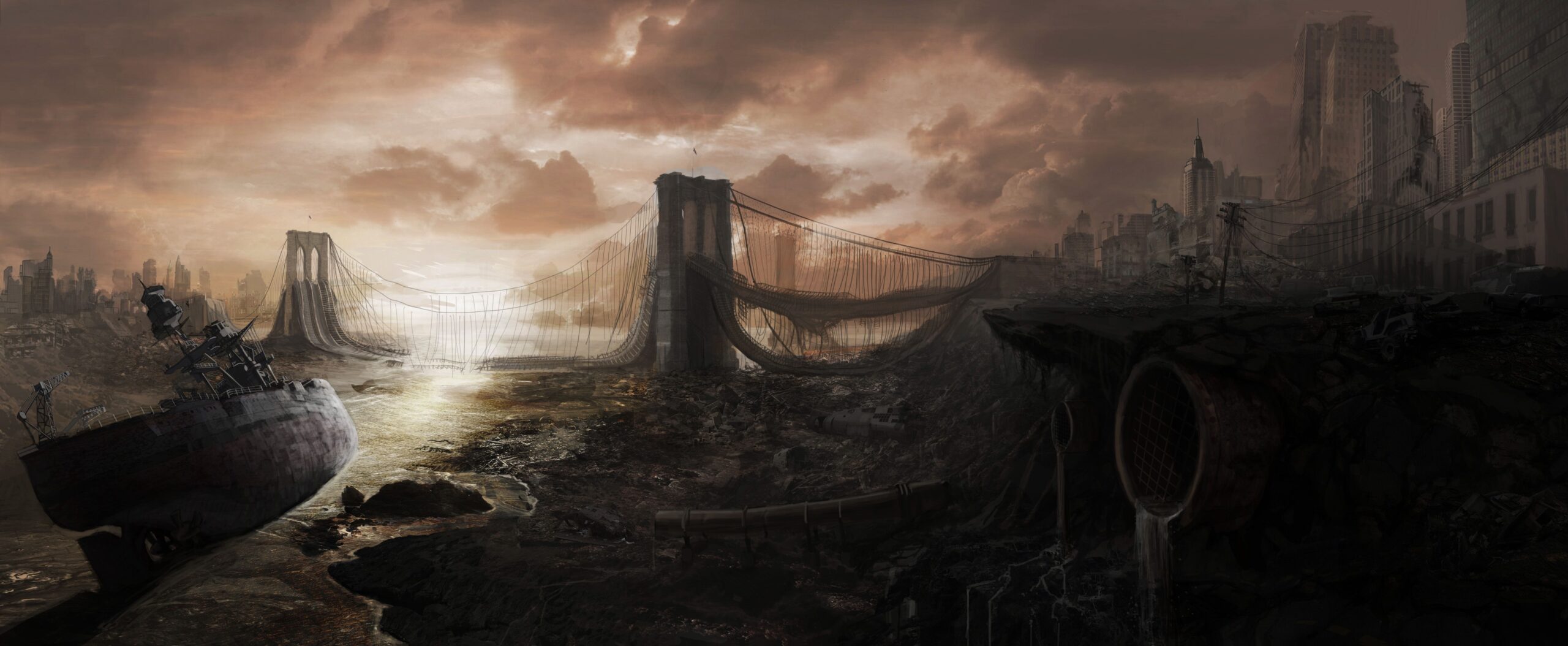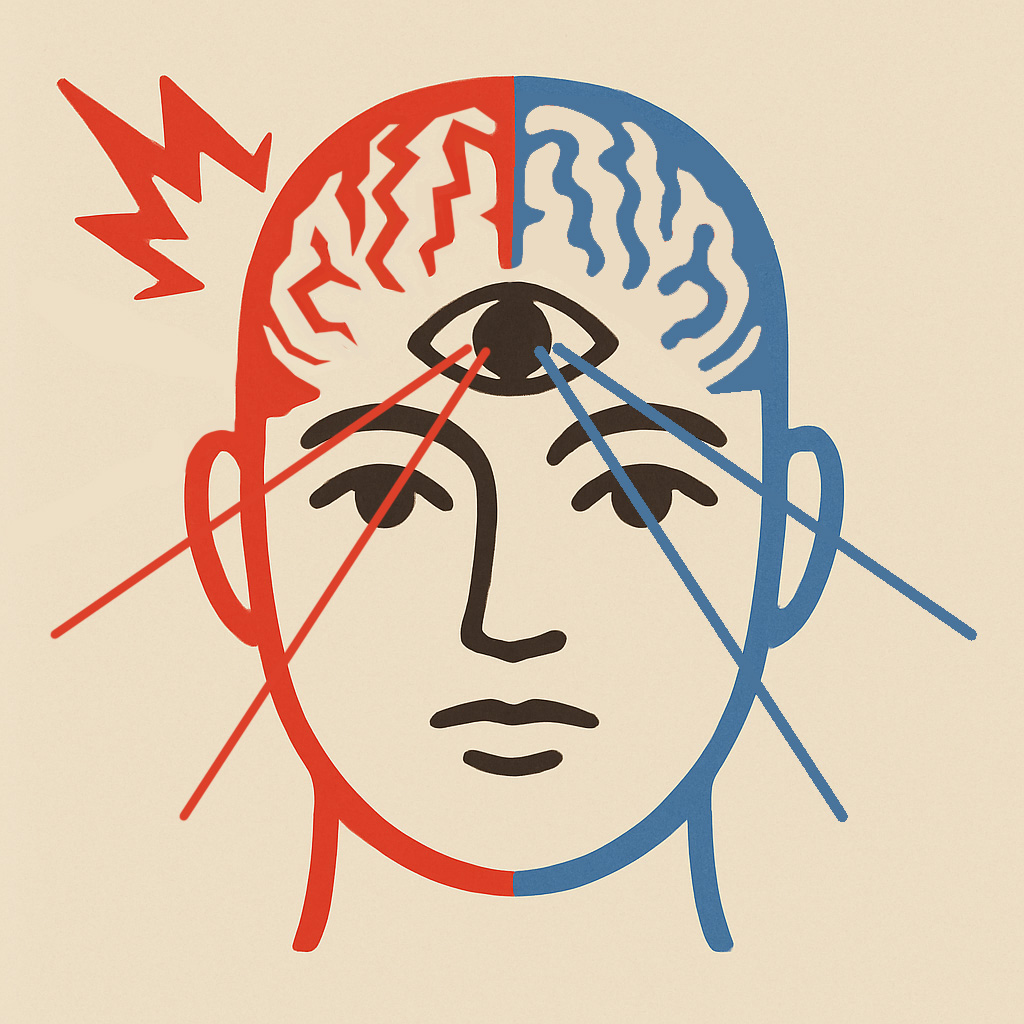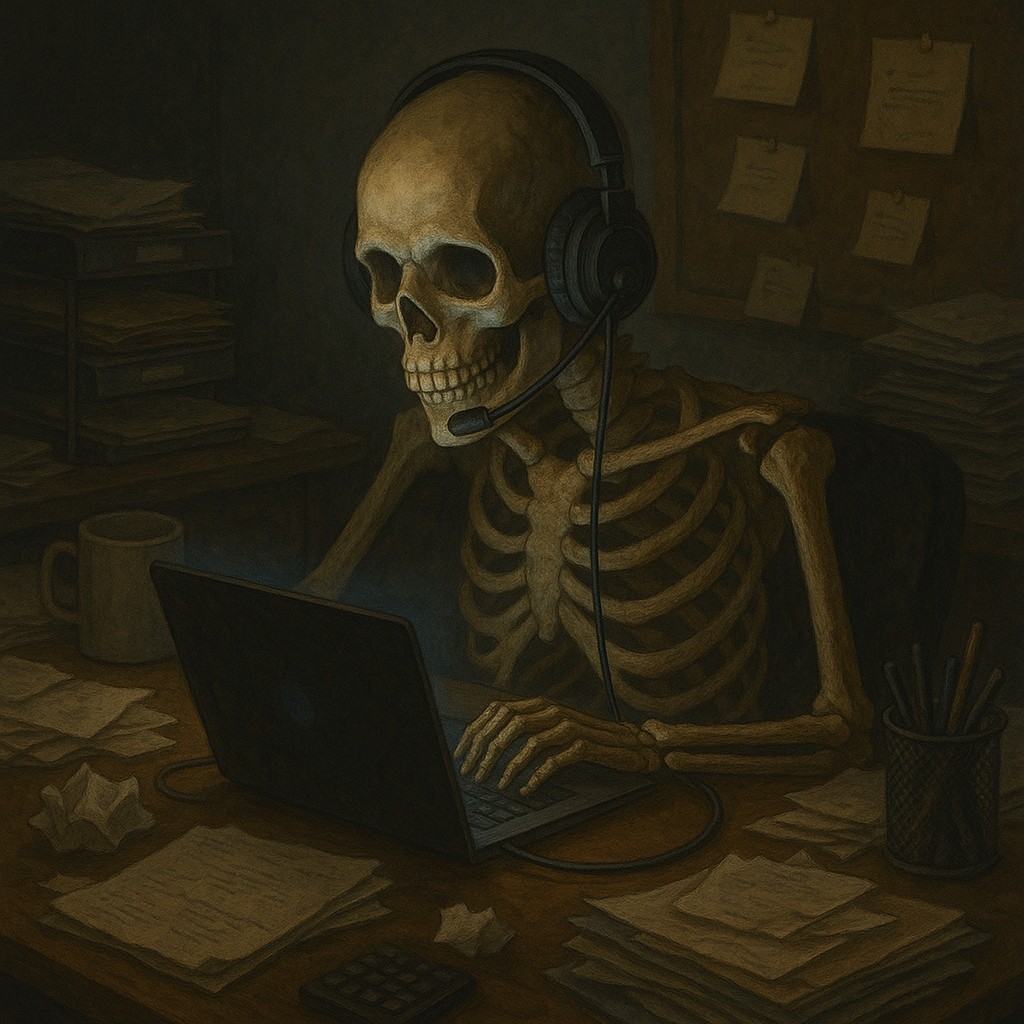Last week, I was lucky enough to have been granted unexpected leave from work by my manager/overlord due to my mental health being in the rocky mountains.
Was feeling blessed that I could use my oodles of government sick leave to close the lid of that ever-pinging laptop and hit the metaphorical reset button.
I thought of all the ways I could use this free, paid time that I so desperately needed.
Somehow the week ended up busier than work. Errands, appointments, cleaning, organising, more appointments, gym, soccer, and some family and friend visits suddenly filled up those precious days of freedom.
It was not a hugely restful break. But some things that had been put on the back burner for a bit too long needed to be squeezed in somehow before the inevitable return to life at the desk.
For the next 30 years.
And There is it.
The pattern:
Another meeting done.
Another work day complete.
Another work week chalked up.
Another year flown by.
Are we just living so it can all be over?
With some hard-earned annual leave of course – generally about 20 days (accrued over time) out of the entire year.
Why does this end up feeling like barely any time at all?
Especially if you take a few days here and there, maybe you need to care for someone who’s ill or needs help, or move house, or take your dog to the vet – so you never really feel like you get to rest and recharge much. But again – if work is always so draining, and we constantly need to recharge – is this really the way to be? Why is work so often a drain?
Our lives are structured & patterned around the blind acceptance of, and adherence to, the average working week – with 40+ hours potentially (like me) spent sitting in a chair, at a desk, eyes squinting into a virtual working world contained in a measly 13-inch screen. Unfortunately this is simply the nature of certain jobs. I like the type of work I do, I do not like the job I do. If that makes any sense.
Despite a healthy state-government salary (which I consider obscene compared to the physical and emotional labour other jobs demand but do not compensate for), I have become decidedly unhealthy, physically and mentally. I am using the money that work pays me to pay to fix problems caused by working. Long periods of sitting (even with a standing desk and bursts of ‘movement snacks’ as recommended in Death By Comfort) tighten my shoulders and back. Burnout causing illness and psychological distress. It is the most miserable merry-go-round that I can’t get off because like everyone else, I need money. And I really, really wish I didn’t.
And I am mostly talking about the effects of office-based jobs, of which there are squillions. (Forgive me if this is one-sided, but it is also my blog, so…)
I recently read a fantastic book called Bullshit Jobs: The Rise of Pointless Work & What We Can Do About It by David Graeber which was born from this article (a super quick read and if it interests you I definitely recommend you read the book).
Graeber dives into the history of work, how the concept of selling your time for money came to be, why there may be a reason for keeping many people busy with pointless work for most of their lives (partial answer: so they have no time or energy to realise how fucked the whole system is) and ultimately the psychological toll of unfulfilling work.
I suppose this book resonated with me because I have felt unfulfilled with work for many years now. Like I said before, I enjoy the type of work I do (records/information management & systems) but I have found myself over the last 18 months in a temporary work capacity, being catapulted unceremoniously between short-term contracts where there is zero team culture (if there is a team at all) and my managers are a revolving door of box tickers who themselves don’t seem to want to make any meaningful change or who actively stifle idealistic and innovative thinking in favour of tradition.
And the feeling of not really being viewed as a human being.
When I asked for personal health leave, my manager literally said ‘We can’t really say no.’ Way to make me feel valued, man.
Hence the week off work. But I am back now, and to be honest, I really don’t know what the next step forward is, because I feel like I have been stepping sideways for so long I’ve become some sort of corporate crab.
But we don’t always have the answers. Maybe that’s when anything could be the answer. And I just have to look for the potential in that. And even if I’m walking sideways, I’m still walking.
I am also reminded of David Whyte’s thoughts on the below poem by David Wagoner that often pops up on my TikTok feed (which is a real strange mixture of slapstick and deep spirituality. A unique smorgasbord.)
“How do you know that you are on your path – because it disappears. That’s how you know.”
Lost
Stand still. The trees ahead and bushes beside you
Are not lost. Wherever you are is called Here,
And you must treat it as a powerful stranger,
Must ask permission to know it and be known.
The forest breathes. Listen. It answers,
I have made this place around you.
If you leave it, you may come back again, saying Here.
No two trees are the same to Raven.
No two branches are the same to Wren.
If what a tree or a bush does is lost on you,
You are surely lost. Stand still. The forest knows
Where you are. You must let it find you.
— David Wagoner
(1999)
With Love
Charloot










Leave a Reply